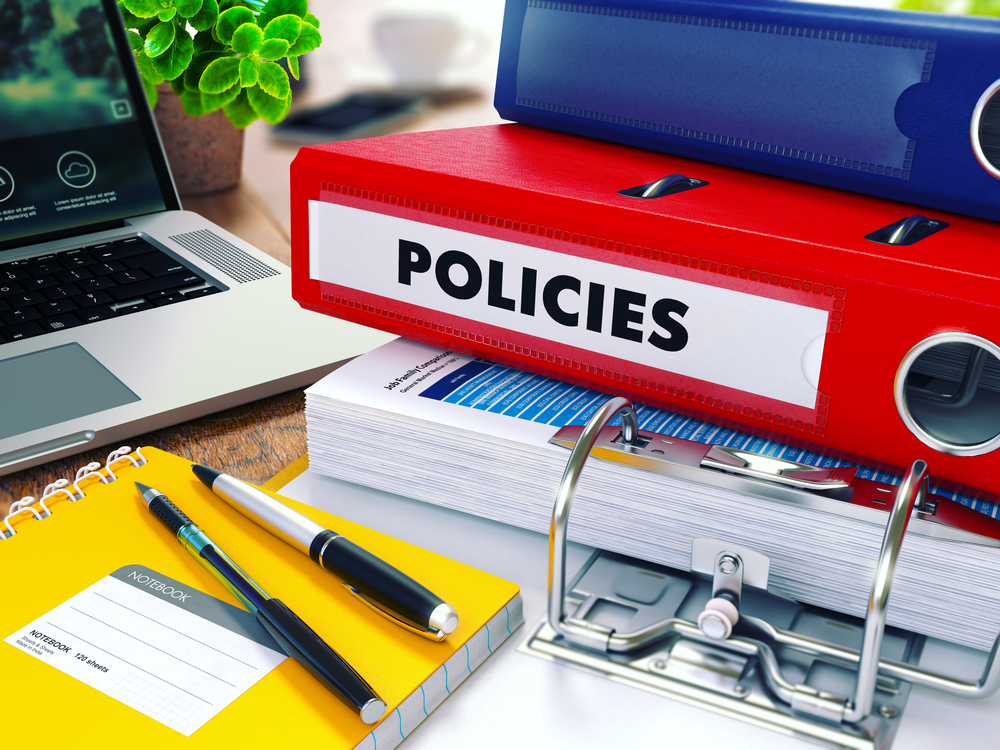When does sick pay start? The employer’s guide
Every workforce has to face up to the impact of sickness at some point. Illness is a fact of life and, while businesses can do all they can to mitigate this, they won’t be able to eliminate it entirely.
HR must play a proactive role in monitoring and managing sickness (we cover this in more detail in our eBook here) and that means facing a series of questions. It’s important that businesses have the answers to put the mind of their employees at rest and to ensure they are clear about the law and how to operate within this.
Aside from the duty of care for employees, there’s also a need – by law – to offer workers sick pay.
So, how does Statutory Sick Pay work and when does this kick in? This guide will answer your questions and act as a useful refresher for people who haven’t looked into the topic for a while.
Sick Pay Entitlement
Your staff may be eligible for Statutory Sick Pay (SSP) for up to 28 weeks. This is currently set at £92.05 a week in the UK.
 Businesses can choose to offer more money through their own company scheme – and these are often known as contractual or occupational schemes – but they can’t offer less than this.
Businesses can choose to offer more money through their own company scheme – and these are often known as contractual or occupational schemes – but they can’t offer less than this.
It’s important to stress that the terms of a company scheme should be spelt out in a contract. Given that employees should only need to refer to these on the odd occasion, they’re likely to be the sorts of rules that you’ll be asked about, so it’s probably worth having them at your fingertips so that you can swiftly reply and fill them in.
When it comes to SSP, this is paid for the days an employee normally works (the qualifying days) and is paid in the same way as their wages.
An employee is entitled to SSP if they:
- Have a contract and have done some work under this
- Earn at least £116 a week
- Tell you when they’re off sick
- Have been sick for four or more days in a row
- Give you proof of their illness after they’ve been off for seven days
- Give you the right notice (as laid out in their contract)
Workers don’t get SSP if they:
- Have already received the maximum 28 weeks
- Are getting maternity pay
- Were in custody or on strike
- Received Employment and Support Allowance within 12 weeks of starting work
- Are outside the EU and aren’t paying National Insurance
Employers can use the Government’s SSP calculator to work out the exact amount they need to pay an individual employee when they’re off sick.
It’s also worth noting that the cases of directors, agricultural workers and agency employees are among those that are exceptions to the norm. This guide from the Government fills you in on the details of how these differ.
When sick pay starts

Payments are made when an employee is sick for four consecutive days – and begin on the fourth qualifying day (days that they typically work). A day does not count as a ‘sick day’ if an employee worked for as little as a minute before they went home ill.
You might also pay SSP during a phased return to work – with normal wages to cover the time and days they can attend and sick pay to cover the rest.
After seven days off sick you can ask to see a ‘fit note’ from a doctor. Most people still refer to this by its old name of ‘sick note’.
Sick pay rates
It’s important for businesses to keep up with the latest information from the Government, as the SSP rate changes slightly each year.
In 2017/18 the rate is £92.05. This will rise to £94.25 from April 6 2019. The limit you need to earn to be able to claim this will rise from £116 to £118.
If your employee isn’t eligible
If your employee doesn’t qualify for SSP then you need to send them the form SSP1. This should be sent within seven days of them going off sick.
Want to understand the causes, consequences and cures of absenteeism in the workplace? Download our eBook for free today.